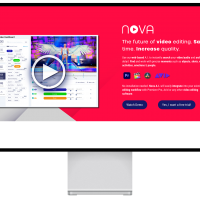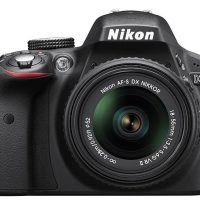Filmmakers love computers
Filmmakers, or should we say content creators, rely on a significant number of computers to get by on a daily basis. Without them, there's little they can do to succeed in the film industry.
Over the years more online computing power has become necessary for filmmakers to succeed and in our fast evolving digital industry this number will jump even higher.
Below is a list of the 7 computers most used on a daily basis:
1. Laptop/Desktop
The primary computer is used for day-to-day activities from editing to surfing the web, and carrying out hundreds of other tasks including word processing and emailing.
2. Smartphone/tablet
The explosive growth of smart phones and tablets means that the average filmmaker will most likely have at least one of the two, requiring an internal computer to process all the data, use of apps, and everything else.
3. Email
Every time a filmmaker logs on to their email account they automatically require the power of an external computer or should we say a server, somewhere in the world that holds the email data. From Gmail to Yahoo, all email clients require a computer to serve that data wherever it is requested.
4. Cloud Storage
In the past, hard drives and DVDs were sufficient to store film files and edits, but with new cloud services like Google Drive and Dropbox, filmmakers are now opting to transfer files across the web, again requiring an external server. Even once the transfer is complete, that remote computer remains active, hosting that digital content round the clock.
5. Website/blog
A majority of indie filmmakers today have some form of online presence. A website or blog hosted elsewhere in the world requires the power of one or several computers to serve files to the person loading it in their browser. Regardless of whether a content creator logs on to their website or not, the server is online 24/7.
6. Video network
Most content creators have a Youtube or Vimeo account where they can upload their videos to the web. Of course, any uploaded video that remains online requires the power of a server. However, if a video starts to become very popular, multiple computers will work together to serve the demand of that video file to the thousands or even millions of simultaneous other computers that request to see it.
7. Social Network
Content creators that have either a Facebook, Twitter, Instagram or any other social network profile automatically require a server that can host that user data and relay it round the clock. Even when the account is not being used, other users on those networks make requests to see pictures, videos and posts while the account holder is sleeping.
How many computers do you rely on? If you liked this article why not check out some of our film guides to help you succeed in the film industry.





















